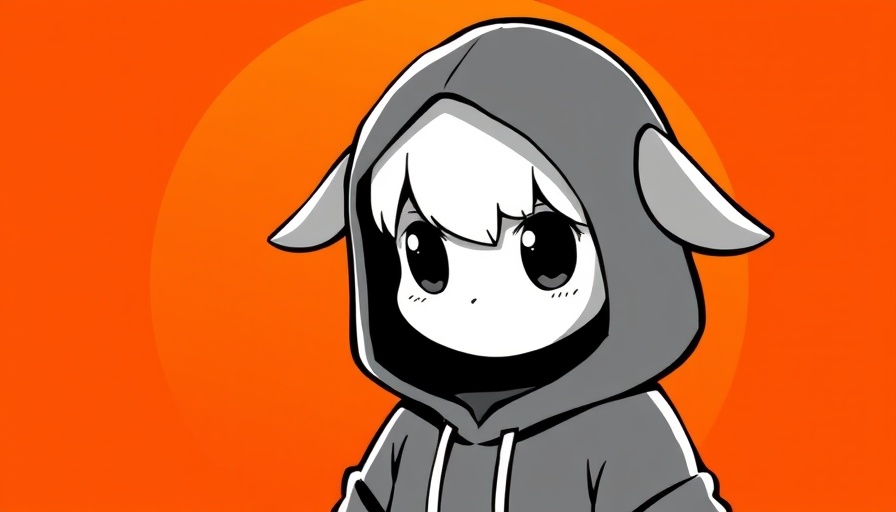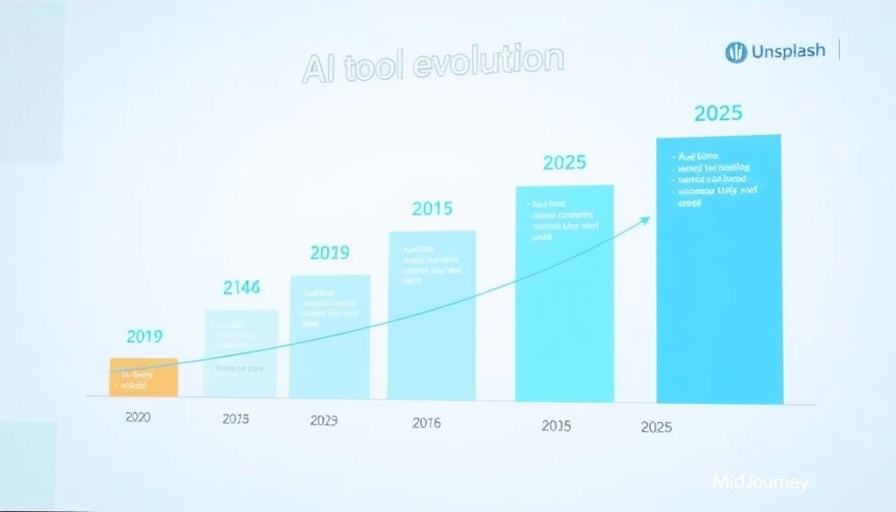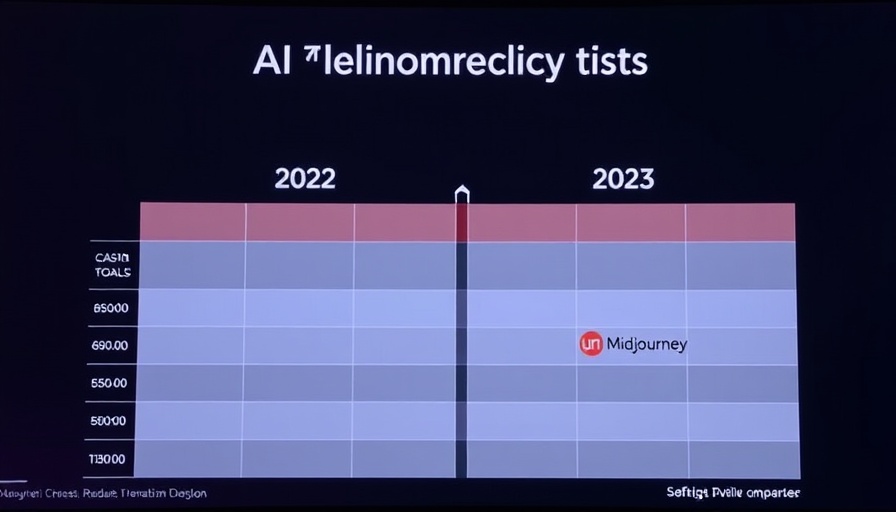
AI Meets Entertainment: A Groundbreaking Fusion
The world of reality TV is rapidly evolving with the introduction of an AI contestant in Bigg Boss, a popular Indian reality show. This unique development raises intriguing questions about the role of artificial intelligence in entertainment and its broader implications. As technology enthusiasts, we need to examine what this means for future programming and the ethical considerations that accompany such innovations.
In 'Bigg Boss gets its first AI contestant!', the discussion dives into the intersection of artificial intelligence and reality television, exploring key insights that sparked deeper analysis on our end.
Decentralized AI and its Rising Influence
With the advent of platforms that decentralize artificial intelligence, the ability for creators to harness AI's capabilities is becoming more accessible. These platforms enable the development of individualized AI personalities, transforming how media is created and consumed. Imagine a contestant who learns and adapts over time based on audience reactions—this could redefine engagement in reality TV. As decentralized AI gains traction, traditional programming may need to rethink its methodologies in audience interaction and content curation.
The Ethical Landscape of AI in Reality TV
Integrating AI into platforms like Bigg Boss also unveils ethical complexities, particularly regarding data privacy and decision-making. What data does the AI collect, and how is it used to shape viewer experiences? Questions about the ethical use of AI come to the forefront; thus, industry leaders must prioritize transparency and uphold data protection standards. Audiences should feel confident that their information is handled responsibly as entertainment becomes increasingly intertwined with AI.
Government Regulation: A Necessity in AI Integration
As AI technologies expand into creative industries, discussions around government regulation become crucial. Regulatory frameworks need to address AI’s role in entertainment, ensuring that ethical standards are upheld while encouraging innovation. Striking a balance between fostering creativity and protecting consumer rights will be critical for stakeholders. Without proactive regulations, there might be risks associated with misuse, bias in AI operations, or erosion of privacy rights.
Freedom of Speech and AI's Role in Creative Expression
AI's involvement in shows like Bigg Boss can alter notions of creativity and freedom of speech. As AI begins to generate content, a pressing question arises: To what extent does AI infringe upon human creativity? Will AI-generated narratives hold the same authenticity as those crafted by humans? It’s essential that as we embrace AI's potential, we consider how it could influence creative expression and the need to preserve the integrity of artistic endeavors.
AI's Impact on the Future of Reality Television
The introduction of AI contestants has the potential to revolutionize reality TV as we know it. By combining entertainment and complex AI interactions, we open the door to more engaging narratives that respond in real-time to viewer feedback. This transformation offers a peek into the future of not just entertainment, but also how technology can enhance our experiences. Viewers may find themselves in a democratic space where their preferences shape the AI's development, leading to unprecedented levels of engagement.
In conclusion, as we explore the implications of AI in the realm of reality television, it's clear that the challenges and opportunities presented by this technology are significant. The ethical aspects, regulatory needs, and the future of content creation are all areas ripe for discussion. As the landscape of AI continues to evolve at a breakneck pace, staying informed is crucial for all stakeholders. Let's engage in these conversations and shape a future that balances innovation with ethical considerations.
 Add Row
Add Row  Add
Add 




Write A Comment